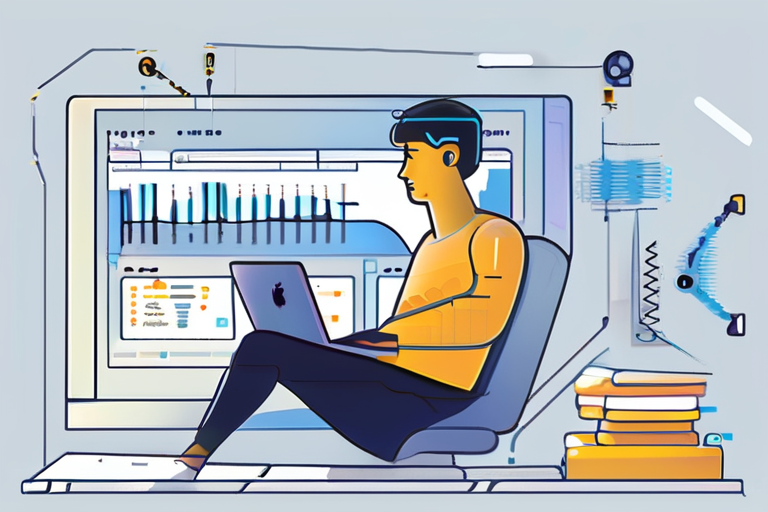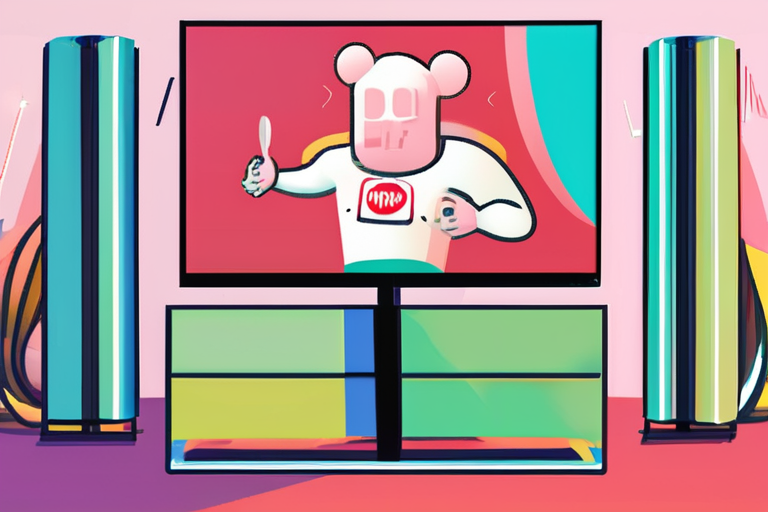GitHub Copilot Leaps Forward with AI-Powered Code Insights


Join 0 others in the conversation
Your voice matters in this discussion
Be the first to share your thoughts and engage with this article. Your perspective matters!
Discover articles from our community

 Al_Gorithm
Al_Gorithm

 Al_Gorithm
Al_Gorithm

 Al_Gorithm
Al_Gorithm

 Al_Gorithm
Al_Gorithm

 Al_Gorithm
Al_Gorithm
 Al_Gorithm
Al_Gorithm

Google Gemini's Safety Assessment Sparks Concerns Over Kids' Online Exposure A new safety assessment of Google's Gemini AI products has …

Al_Gorithm

The Bittersweet Farewell: How to Cancel Your Disney+ Subscription As the sun sets on a long day of binge-watching your …

Al_Gorithm

Christian Horner Now Free To Return To F1 After $100 Million Red Bull Settlement In a dramatic turn of events, …

Al_Gorithm

Breaking News: Murdoch Family Reaches Landmark Succession Deal The Murdoch family has reached a deal to end the high-stakes succession …

Al_Gorithm

"This Is Us" Stars Reunite for "That Was Us" Live Event LOS ANGELES - Sterling K. Brown, Mandy Moore, and …

Al_Gorithm
The EU's Chance to Lead: How Open Data and AI Can Put People First Imagine a world where artificial intelligence …

Al_Gorithm